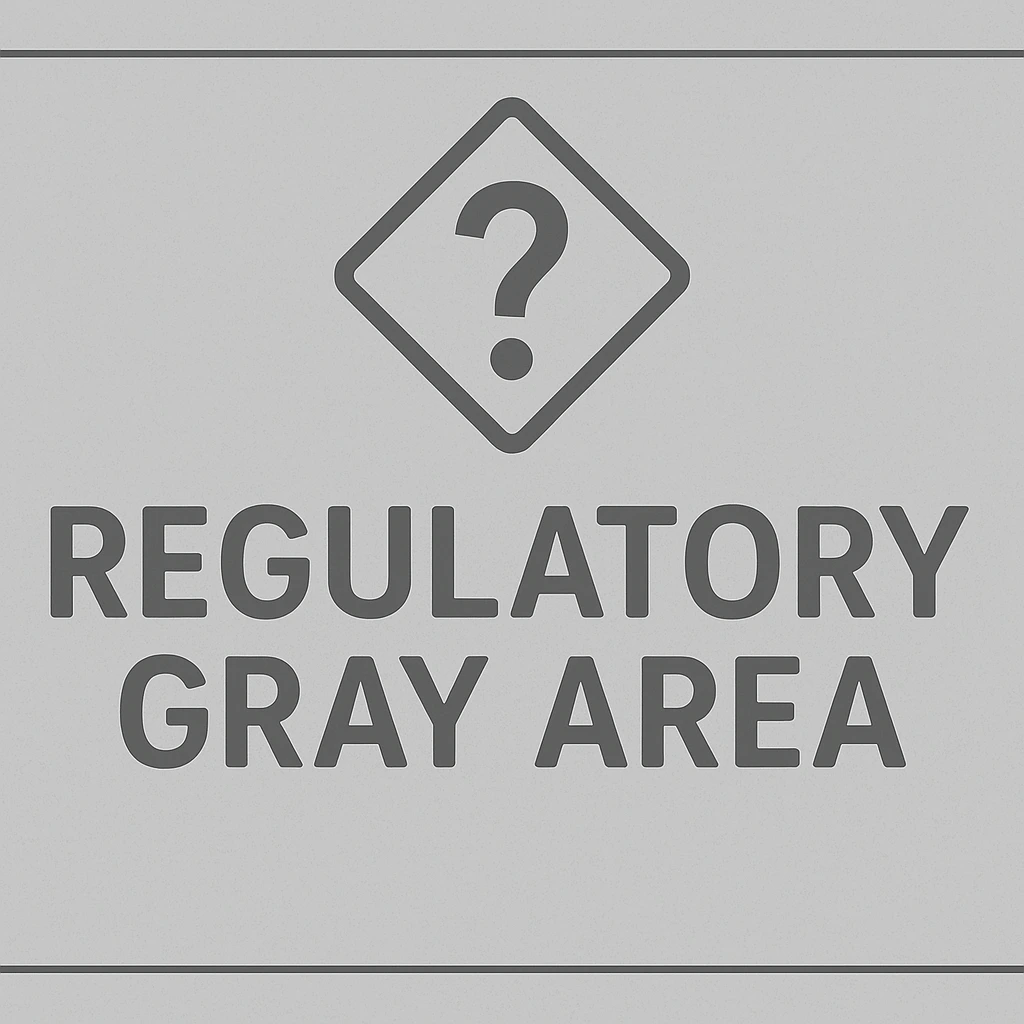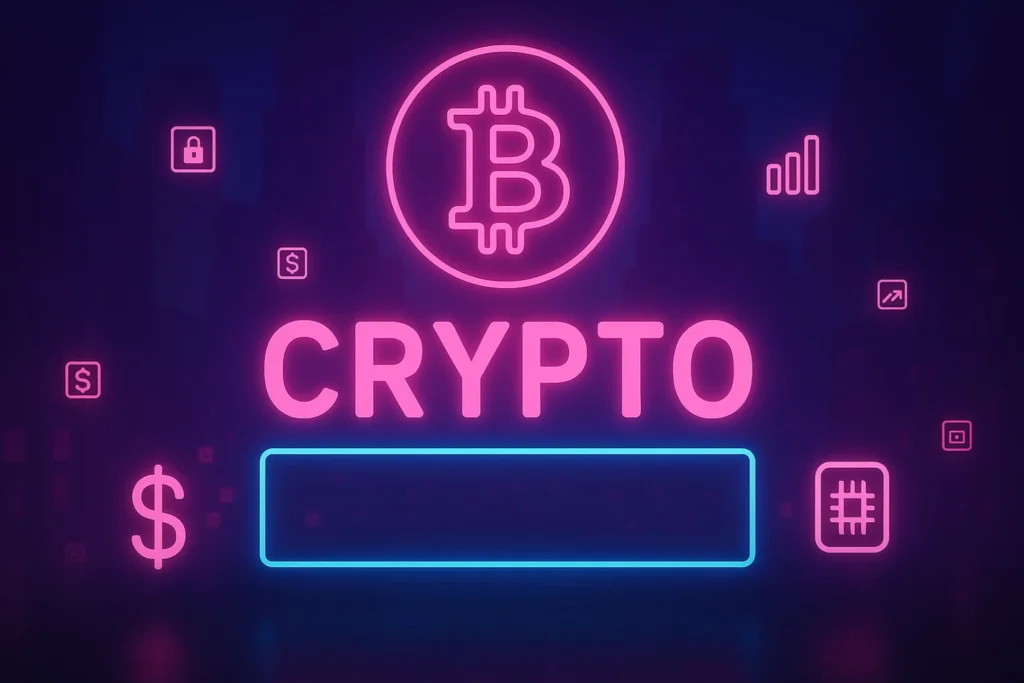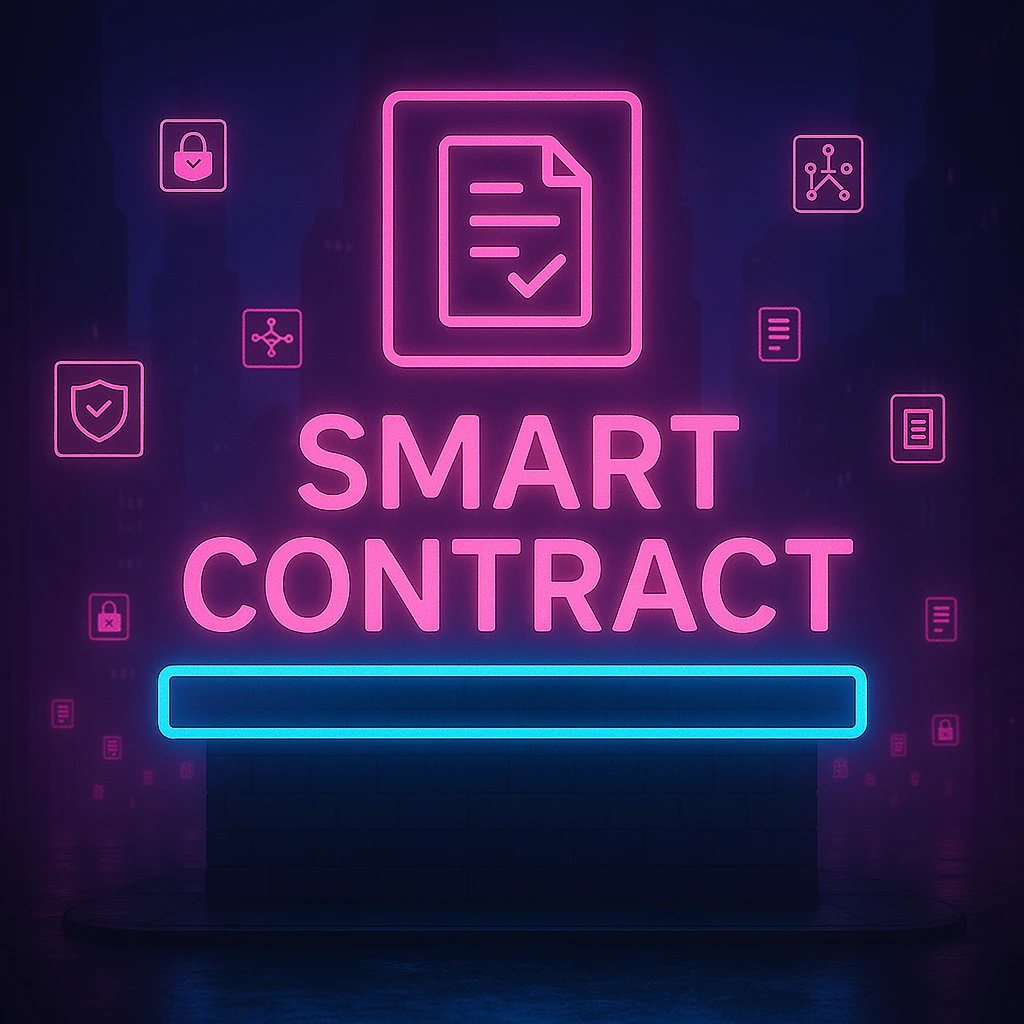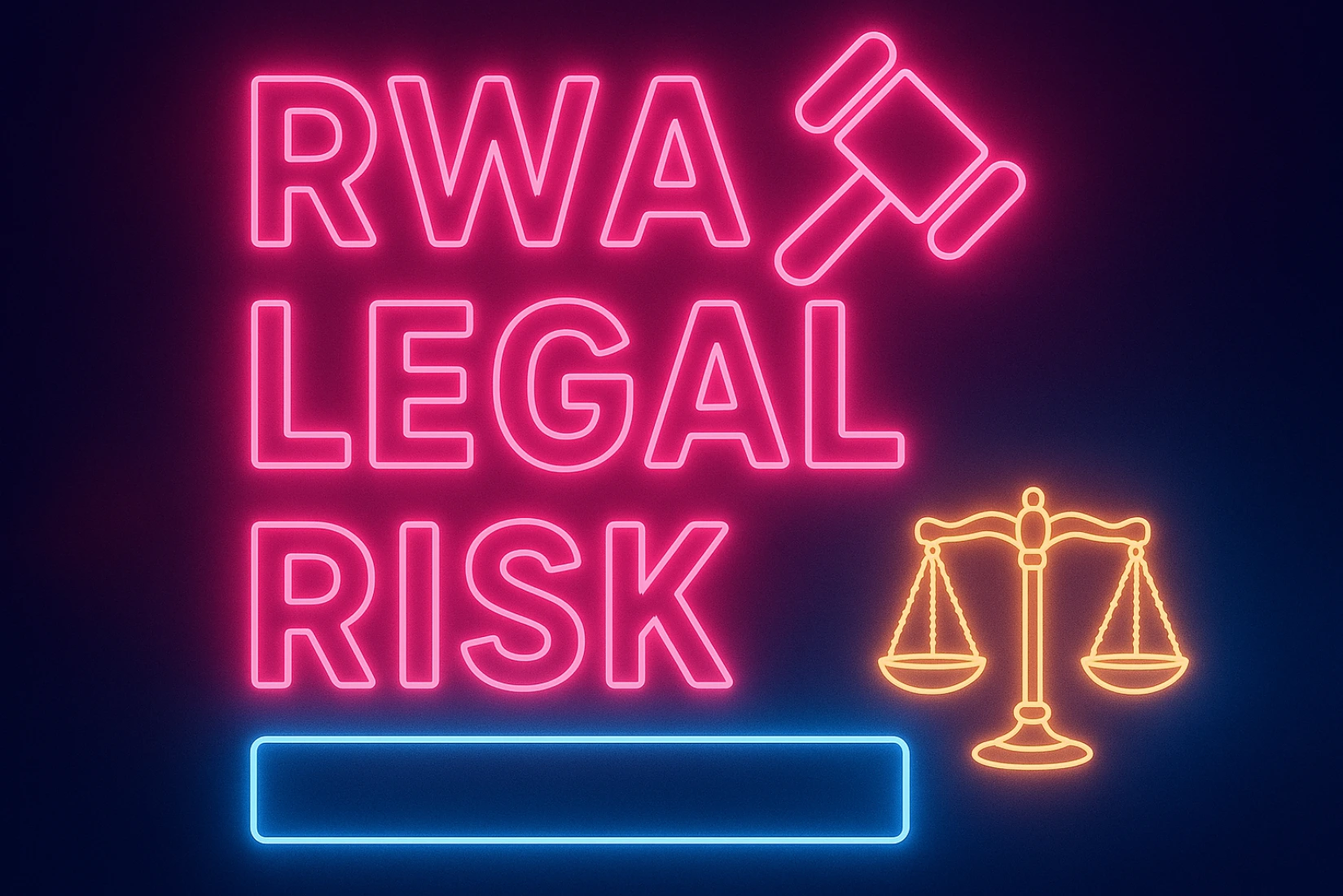6 Harsh Truths About RWA Legal Risk—Versus What You Might Think
6 Legal Realities That Shatter the RWA Tokenization Dream
Real-world asset (RWA) tokenization is one of the hottest trends in crypto. You’ve probably heard it all: democratized ownership, instant liquidity, and real estate on-chain. But under the hype lies a legal minefield that too many projects—and investors—ignore. Let’s cut through the noise. Below, we break down six major RWA legal risk by comparing what people think is true… versus what’s actually going on.

1. The Assumption: “There’s No Law Yet For RWA Legal, So We’re Safe”
The Reality: Legal Gray Zones Are Risk Zones
Many assume that a lack of regulation equals permission to experiment. In reality, it’s more like walking a legal tightrope. Just because regulators haven’t weighed in yet doesn’t mean you’re in the clear.
Tokenized assets can easily trigger securities, tax, and anti-money-laundering regulations—especially across jurisdictions. And if you think you can plead ignorance? Spoiler: that doesn’t work in court.


2. RWA Legal Risk : The Assumption: “Owning a Token = Owning the Asset”
The Reality: Not All Tokens Are Created Equal
Let’s say you hold a token for 1/1000 of a condo in Singapore. Are you a co-owner? A beneficiary of a trust? Just someone entitled to a share of rental income?
The answer depends on how the asset was structured legally. Without proper documentation and enforceable rights, your token might give you nothing more than a digital IOU—and no legal claim if things go south.
3. The Assumption: “Tokenized Assets Are Global by Default”
The Reality: Jurisdictions Still Rule Everything
Sure, a token might technically be tradable anywhere. But that doesn’t mean it’s legal everywhere.
What’s considered a security in the U.S. might be treated as a commodity in Japan or banned entirely in China. When issuers, assets, and buyers span five continents, the result is a compliance nightmare. Enforcement is messy, and liability often lands on whoever’s least prepared.


4. The Assumption: “Smart Contracts Handle All the Legal Stuff”
The Reality: Courts Still Beat Code
Yes, smart contracts can automate transfers and enforce certain rules. But when there’s a legal dispute—like defaulting on income payments or challenging asset ownership—courts don’t care what your smart contract says.
If the on-chain logic doesn’t match off-chain legal agreements, guess who wins? The courts. Every time.

5. The Assumption: “We’ll Tackle Legal Later”
The Reality: By Then, It’s Probably Too Late
Some startups prioritize launch speed over legal clarity, thinking they’ll fix things down the road. That’s a gamble.
Without legal safeguards from day one, investors may be exposed to liability, enforcement action, or just total losses. By the time legal issues surface, the damage is usually irreversible.
6. The Assumption: “Regulation Will Catch Up Eventually”
The Reality: Progress Is Patchy—And Sometimes Regressive
Yes, some jurisdictions (like Switzerland, the UAE, and certain U.S. states) are building clear frameworks. But globally, regulation is a slow-moving patchwork. Some countries are ahead, some are way behind—and some take a hostile stance altogether.
There’s no guarantee that future regulation will support innovation. In some cases, it might kill non-compliant projects overnight.
Final Thoughts: Face the Risks Before They Face You
RWA tokenization has huge potential—but only if the legal infrastructure keeps pace. From asset custody to investor rights, the risks aren’t just theoretical. They’re already here.
So before you dive in headfirst, compare what the whitepaper promises with what the law allows. Ask the hard questions. Get real legal advice. Because in the world of RWAs, the difference between hype and harm is just one lawsuit away.
Relevant Link : RWA Legal Risk: 5 Myths You Probably Still Believe (And Why They’re Wrong)




